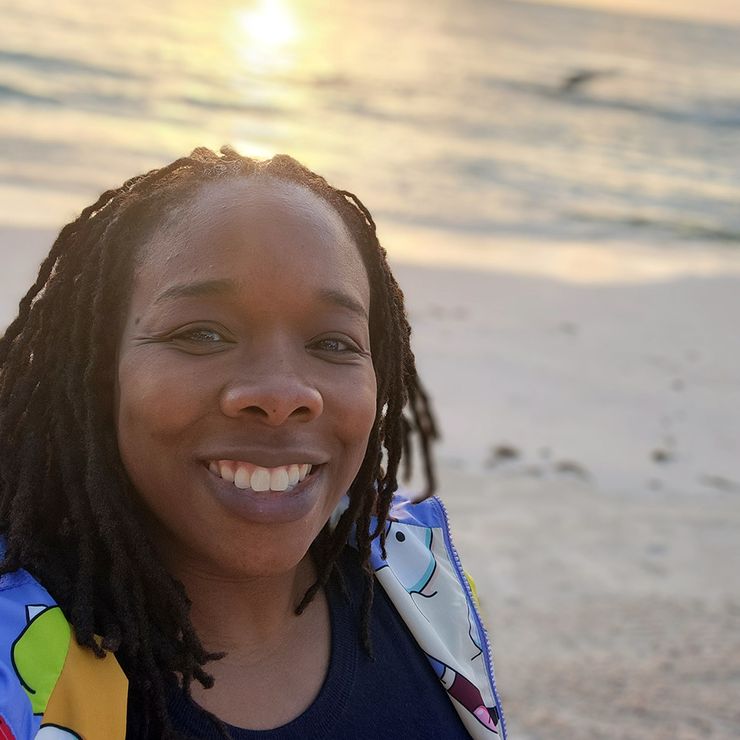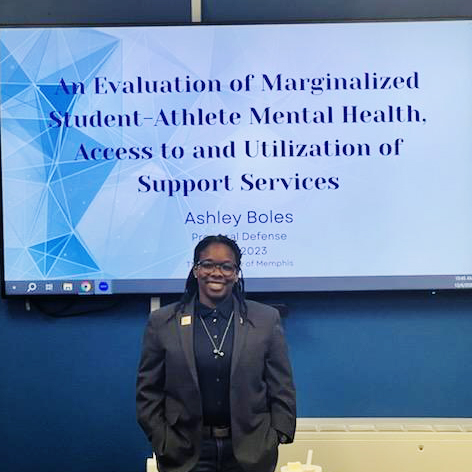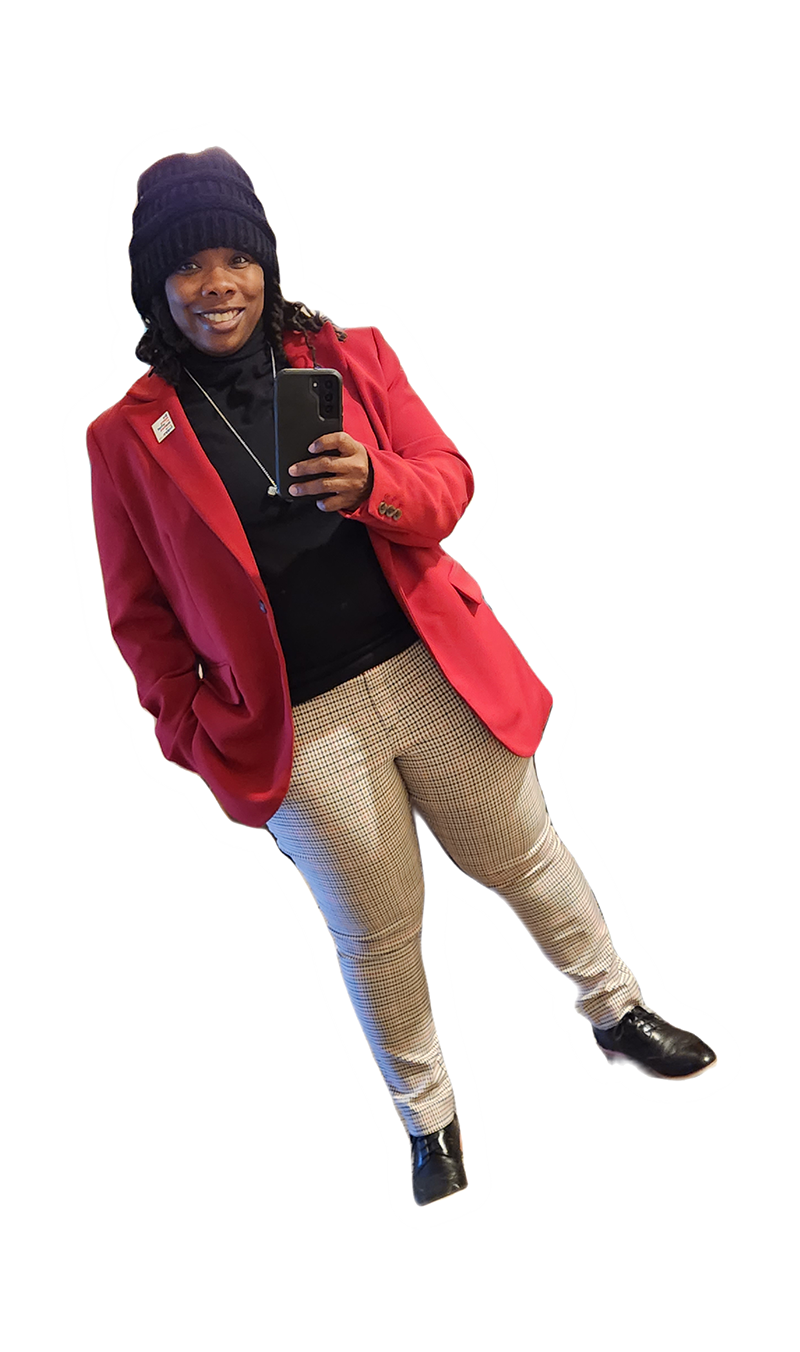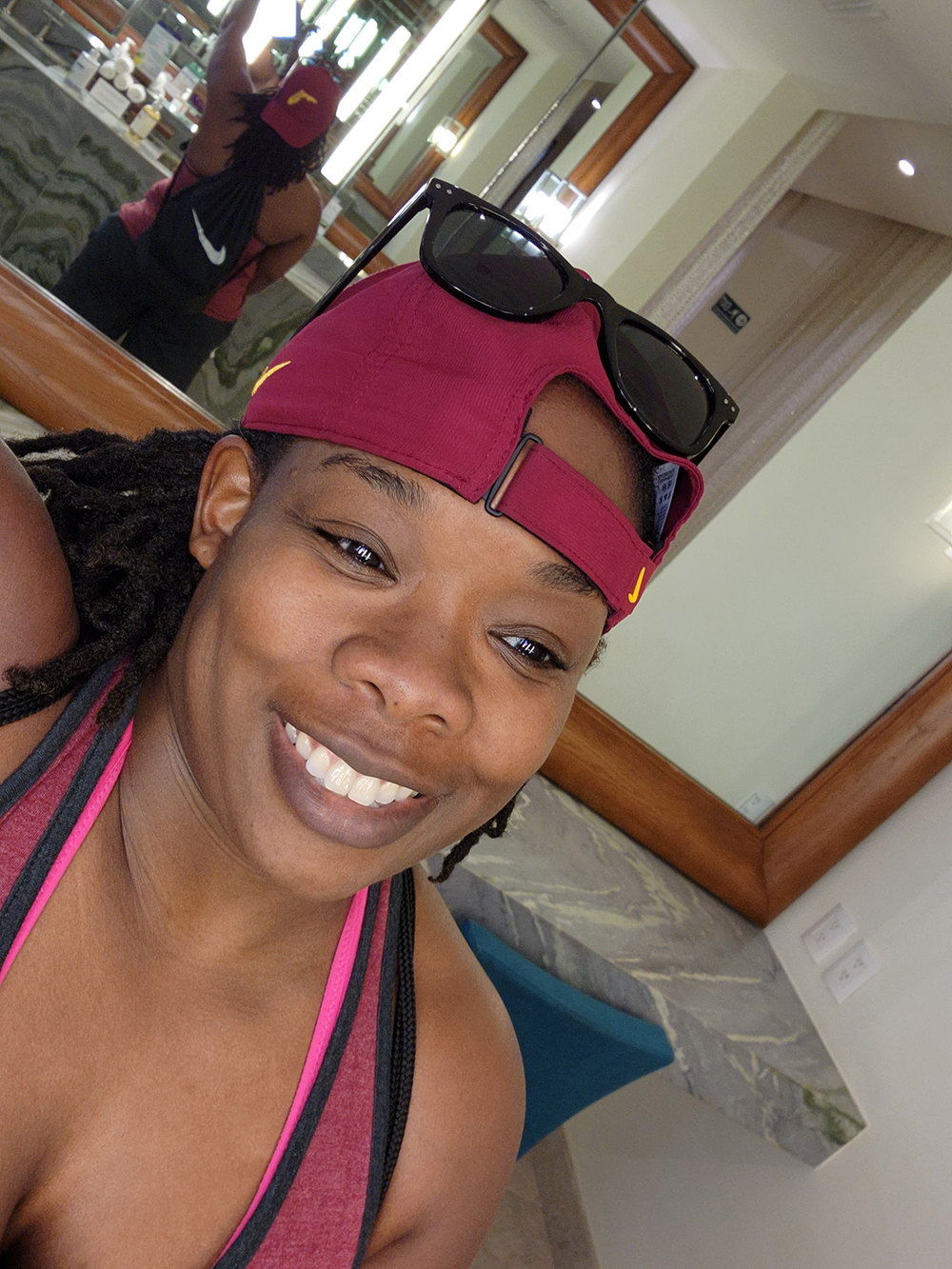Alumni Story
Ashley “Shorty” Boles ’08

Ashley “Shorty” Boles ’08
Getting to Know Yourself
Major: Psychology
Favorite places at Catawba: Hanging out at the fountain in Stanback Plaza, the soccer field and team locker room.
Be willing to get to know yourself, that new-found freedom in college allows you to explore who you are.”

Ashley found Catawba through soccer. She was part of an ODP (Olympic Development Program) soccer program that exposed her to college programs around the country. She learned that another player in the program was a soccer player at Catawba.
It was a coach’s candor that caused Ashley to choose Catawba. “Coach Cullen was honest with me and said I’d have to work for my spot on the soccer team.” She appreciated his leveling with her.
At first, she was interested in becoming an athletic trainer. She experienced a lot of injuries as a soccer player, and as she spent more time in the athletic training room and saw what was involved in the treatment of players’ injuries, she realized that was not the career for her.

Something else captured her attention. “My niece and nephew were living with my parents, and I noticed how starkly different they were from each other, born to the same parents. It was so amazing to me that my niece at age one and my nephew at age two reacted so differently. My nephew had to be around people, my niece was okay on her own.”
The contrast in personalities interested Ashley in psychology. She enjoyed what she learned in Introduction to Psychology, declaring psychology as her major. “Dr. Brownlow and (the late) Dr. Roberts taught us so much about psychology and life in general. They allowed us to be who we are as people. They were human and shared who they were with us.”
After graduation, Ashley got her master’s degree, and has served as a middle school counselor for the past decade. It’s her fifth year at her current school, which she helped found. She has continued to find time for soccer. “I was playing some indoor soccer up until COVID. I’ve also coached soccer at the middle and high school level.”
Ashley discovered another interest when she attended an NCAA inclusion conference in Atlanta. “They encouraged me to attend the Women Leaders in College Sports conference. I normally like to sit in the back. But I was intentional about sitting in the front and being engaged as much as possible. They asked for volunteers, and I went on stage in front of a crowd of 1,200 people. We were paired with another volunteer. We had to look in our partner’s eyes and complete prompts like “I am,” “I want,” and “I love”.

Conference leaders noticed Ashley’s interest in the program. “I went to the merchandise table afterward to purchase a journal. I asked how much it cost, and they said, ‘for you, it’s free.’” After meeting gold medal lacrosse player Crista Samaras at that conference, who created the program Get More Brave, Ashley became a Brave Activator. Ashley leads groups of 20-200 students at a time, teaching them about braving through fear by navigating comfort zones and mapping out goals. “It’s not about asking them to fear less, it's about asking them to brave more.” The program works with numerous colleges and universities, high schools, and non-profits.
Ashley and her fiancée are moving to Pennsylvania this summer where her fiancée accepted a job after earning her MBA. Ashley is working towards a mental performance certification and is considering working with student athletes in the future. She is also completing her Ph.D. "I’m at a place in my life being intentional about what I want in my life. I journal every night. I try to listen to the direction I’m supposed to go." The move is a transition in more than location.
Ashley regards Catawba as formative. “I don’t know that I’d change anything, it all played a role in the person I am now.” She reflects, “As the only Black person on my soccer team for all four years, I know my experience was different from other peoples’ experiences.” As she noticed with her niece and nephew, each person is unique and experiences things differently. She recommends that Black students find their community, “That helps you grow into a better person.” She adds, “Be willing to get to know yourself, that new-found freedom in college allows you to explore who you are.”
